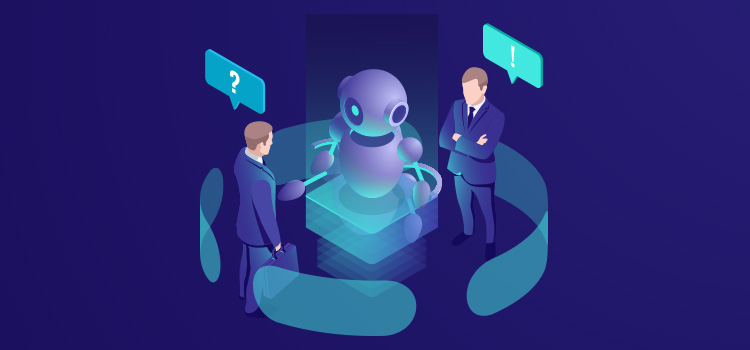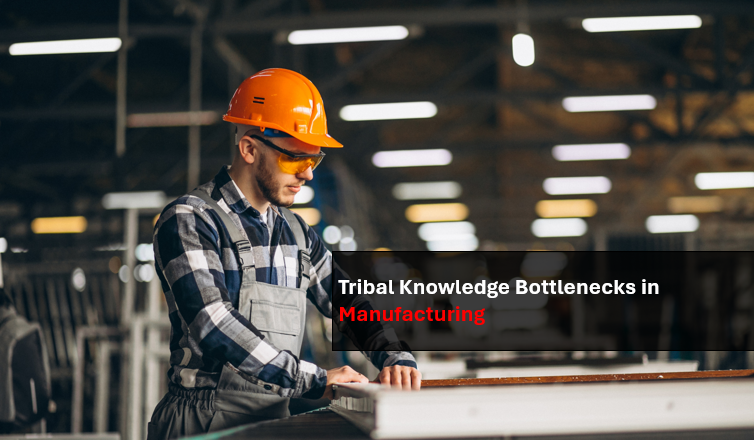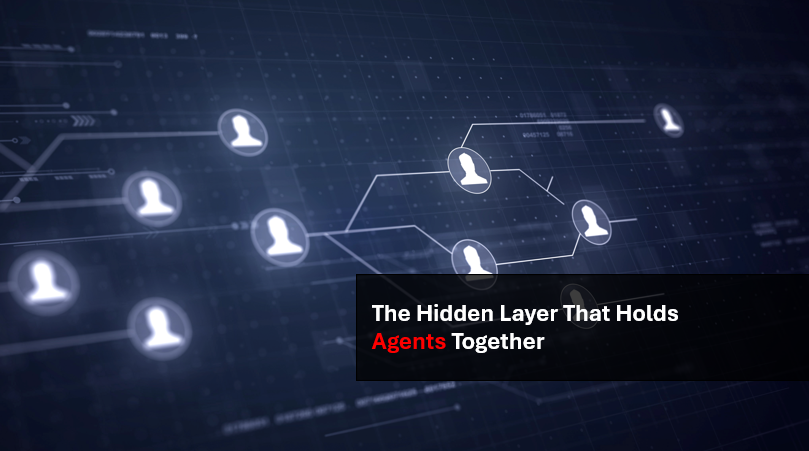In 2018, we saw technologies based on Artificial Intelligence (AI) and Machine Learning (ML) evolve rapidly, finding homes in various platforms, software, and devices across a range of verticals. Whether in the automobile industry or medicine, agriculture or mobile gaming, 2018 firmly cemented that AI is the future.
So, what will we find, when we consider the future of AI in 2019? The first sign that AI is set to grow by leaps and bounds, and find newer and larger roles in our lives in the coming year is the fact that tech leaders like Google, Facebook, and Amazon are sinking huge amounts of money into AI research and development. In this vein, 2019 will see manufacturers like AMD, NVIDIA, and Intel ship faster AI-enabled chips that will allow devices to quickly run AI-enabled applications and processes.
Some the upcoming trends in AI that we’ll see this year include:
1. The First True Autonomous Vehicles
AI-enabled cars have been in the works, on the grapevine, and in our dreams for months now. After the failures and accidents associated with autonomous cars that we saw in 2018, manufacturers have learned, gone back to the drawing board, and come out with new, safer, and improved driverless automobiles. With better hardware, algorithms, and software, in 2019, we will see some of the first truly driverless cars make some on-the-road achievements.
2. Smart Digital Assistants
The Artificially Intelligent assistant made waves in 2018. Siri told jokes. Alexa played morning music. Cortana offered news headlines. In 2019, we’ll see these AI assistants integrate with other aspects of our lives more widely and deeply. They’ll be able to manage our health, fitness, home systems, and appointments in real-time, seamless ways.
3. AI and the Internet of Things
There’s no way for an AI assistant to integrate with other aspects of our lives without the Internet of Things (IoT). In 2019, we’ll see home and office devices connect to the Internet of Things, which will allow AI to operate these devices on our behalf. IoT will drive device intelligence in 2019. Through Machine Learning, AI applications will be able to process the video, audio, and image data generated and processed by our IoT-connected devices, and utilize that information to better serve us. Industrial IoT will see a huge connection with AI, for equipment maintenance, predictive repairs, and outlier detection.
4. Conversational Use of AI
As the Internet of Things feeds our AI-enabled applications with text and speech data from our connected devices, AI will become capable of deciphering conversational speech, allowing for faster, smoother conversational operation of AI-enabled apps and devices.
This may seem like an obvious improvement. Voice search already became commonplace in 2018, so why is it worth mentioning that it will improve in 2019?
Because it changes the way we interact with our AI assistants and our search engines. Keyword research will change. SEO will change. Marketing strategies will change in huge ways. Instead of typing in or saying short, disconnected phrases, if users begin to chat with their search engines, saying something like, “What’s the weather going to be like on the 2nd of March?”, it could also mean that AI-powered search engines will learn to chat back.
Your search engine could, for example, show you the weather forecast for the 2nd of March, and then follow up with, “Shall I book a flight on the 2nd of March?”, in order to further help you, or “In the morning or evening of the 2nd of March?” to further narrow and specify your search query, and thereby improve the quality of your results.
5. The Emerging Digital Workforce
In a report titled Predictions 2019: Artificial Intelligence No Pain, No Gain With Enterprise AI, Forrester Research released their predictions for AI in 2019, and one of their top predictions was the deployment of AI as a digital workforce.
The use of AI by companies to complete tasks and spearhead innovation will jumpstart in 2019. HR companies will see use of AI for hiring in new and improved ways, from enforcing inclusivity to categorizing and valuing applications with complete impartiality.
Robotic Process Automation combined with AI will also boost text analytics and the building of smarter, more human-like chatbots.
As companies beef up their AI integration in order to compete in this changing landscape, they have to find ways to incorporate Artificial Intelligence into their workforce and technological ecosystem with a minimum of expense and complication in 2019, in order to maintain an innovative edge.
Our next-gen, AI-powered content intelligence platform RAPFlow in tandem with our RPA solution RAPBot, provides end-to-end workflow automation capabilities that can be deployed in just a week. Please book a demo to explore how RAPFlow and RAPBot can transform your business.
At Rapid Acceleration Partners we have the right mix of strong AI technology skills with consultation and implementation experience. Founded by a team with 60+ years of collective experience in business and technology, we provide rapid deployment of readymade solutions for standard application. We also undertake development of custom solutions.





